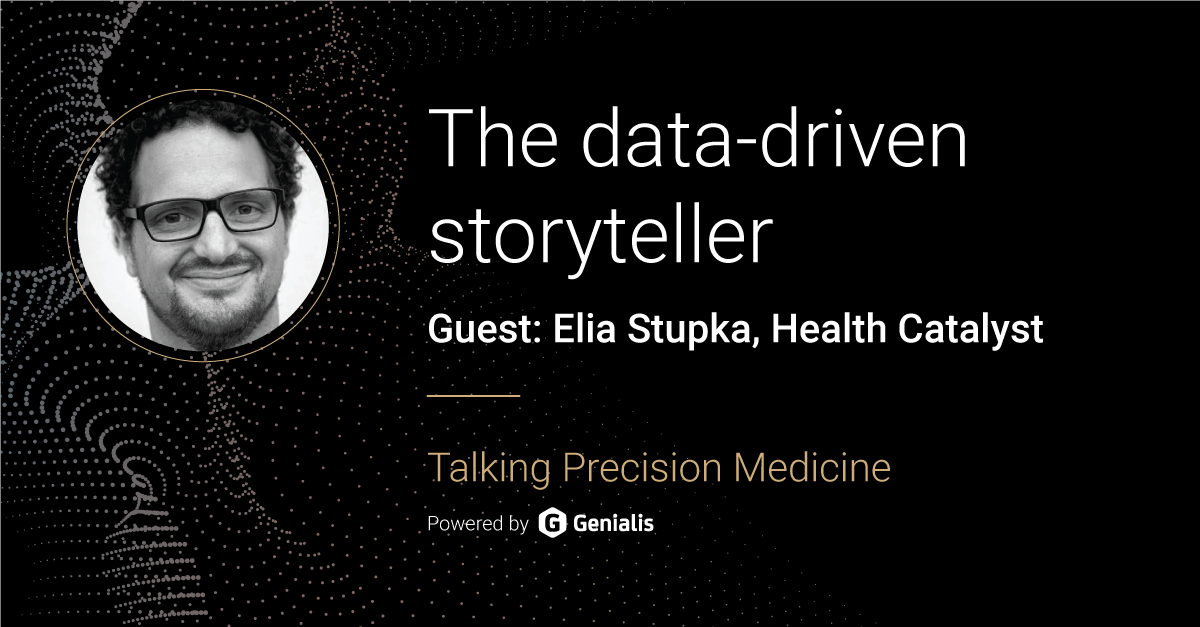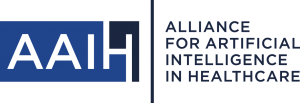Welcome to the Talking Precision Medicine podcast. In this series we sit down with experts on the application of AI and big data analytics in the drug discovery space. Our guests are innovators, business decision makers and thought leaders at the intersection of data and therapeutics. We discuss the promise, practice, challenges, and myths of AI in precision medicine. This show is brought to you by Genialis, and Rafael, our CEO, is your host.
Genialis is focused on data integration and predictive modeling of disease biology… to help accelerate the discovery and de-risk the development of novel therapeutics.
In this episode, we speak with Elia Stupka. Elia is the Chief Analytics Officer and Senior Vice President of the Life Sciences Business at Health Catalyst — a next-generation data, analytics, and decision-support company. He has deep experience leading interdisciplinary teams in academia and industry encompassing fields such as genomics, computational biology, data science, AI and NLP and is a true visionary leader with a passion for innovation in health and life sciences. At Health Catalyst Elia is leveraging company’s data to advance the life sciences—from drug discovery to understanding the patient impact of specific medications.
Episode highlights:
- We have a recent product where we are able to build machine learning models across our clients and look at what is the expected versus observed for any feature that is relevant for outcomes. This is like real-world AI.
- What I think is magical about blockchain and is not a buzzword and if done well could be a great enabler is this idea of building trust with the ultimate provider and consumer of data, which is patient.
- We realized half of our resources has to be invested in storytelling because there is no way to sell the machine learning results to a business owner or business decision maker without being wrapped into the story that is understandable, believable, trustable.
- Working in pharma I learned how terribly optimistic we are in academia in thinking when we discover something it will save the world, but actually it is still such a long journey for a pharmaceutical company to turn that into a product that survives and reaches the market.
- All of this innovation drives a potential danger of who is going to benefit. One of the key questions of the next 5 years is not whether we are able to prevent or cure a lot of diseases, but how rapidly and efficiently will we deliver all this incredible innovation out into the world.
- We should not hide away from the diversity of data. No, we don’t have enough diversity. There is bias in everything we do in big data in healthcare. I’m always struck by whatever data set you take in health it’s not gonna be anywhere close to a representative of the general population in the US.

